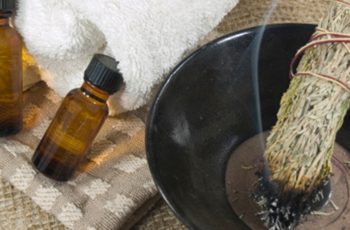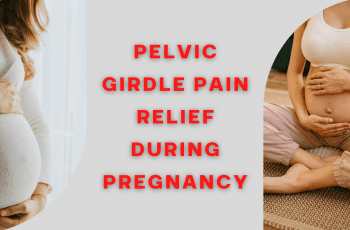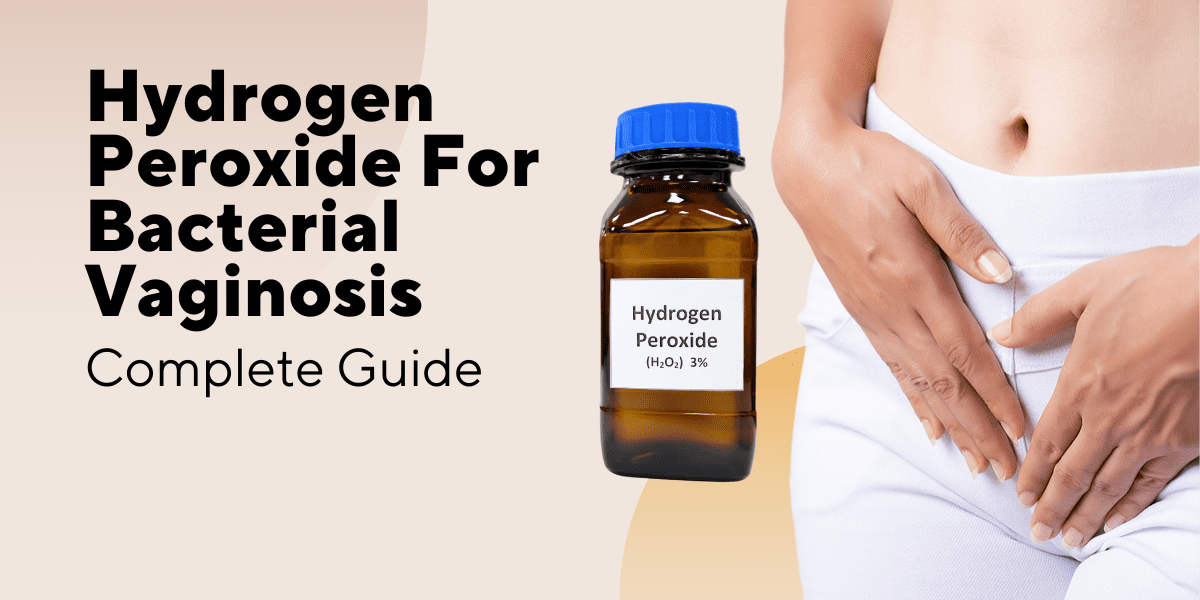
Bacterial vaginosis (BV) is a common vaginal infection that can cause pain, itching, and discharge. The exact cause of BV is unknown, but it is thought to be caused by an imbalance of good and bad bacteria in the vagina. Hydrogen peroxide is a common household product that can be used as a disinfectant. Some people believe that hydrogen peroxide can also cure bacterial vaginosis, but there is no scientific evidence to support this claim.
How Hydrogen Peroxide Works
Hydrogen peroxide is an antibacterial and antifungal agent. When used as a douche, it can help reduce the number of bacteria in the vagina. This may help relieve some of the symptoms of BV, such as itchiness, burning, and unusual discharge. However, it’s important to note that hydrogen peroxide should only be used as a short-term solution. Douching with hydrogen peroxide can actually disrupt the delicate balance of bacteria in the vagina and make your symptoms worse. In fact, one study found that using hydrogen peroxide to treat BV actually increased the risk of recurrence by more than three times. If you’re looking for a more long-term solution, your best bet is to see your doctor for treatment. They can prescribe antibiotics that will help clear up the infection and prevent it from coming back.
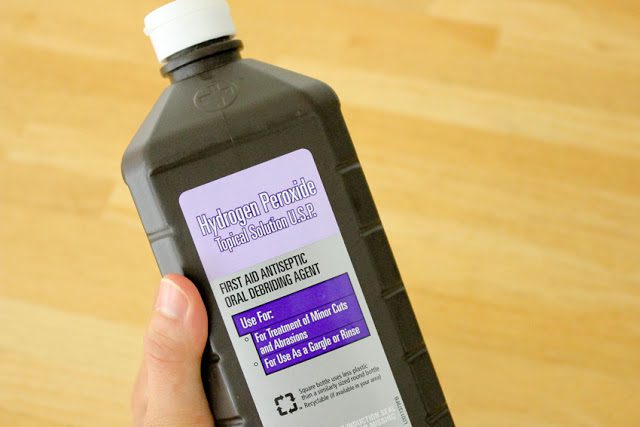
Is Hydrogen Peroxide Effective Against Bacterial Vaginosis?
There is no scientific evidence to support the use of hydrogen peroxide for treating bacterial vaginosis. However, some women report relief from symptoms after using it. If you do decide to try hydrogen peroxide, be sure to use a 3% solution and dilute it with water before applying it to your vagina. Never use higher concentrations of hydrogen peroxide inside the vagina, as this can cause irritation.
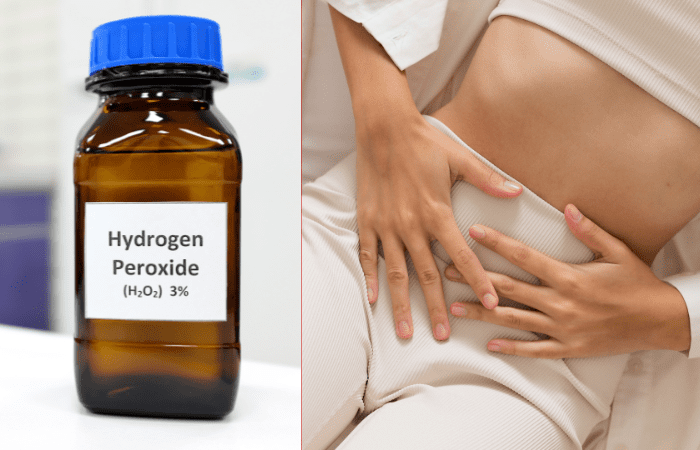
Are There Any Risks Associated With Using Hydrogen Peroxide For Bacterial Vaginosis?
First, let’s understand how hydrogen peroxide works. Hydrogen peroxide is an antiseptic that kills bacteria by releasing oxygen when it comes into contact with them. This release of oxygen creates a bubbling effect, which can help to break down the biofilm that some bacteria create to protect themselves.
There is some evidence to suggest that using hydrogen peroxide for bacterial vaginosis can be effective. One study found that a 3% hydrogen peroxide solution was able to reduce the symptoms of bacterial vaginosis in 80% of the women who used it.
Another study looked at whether using hydrogen peroxide as a douche was more effective than using it as a vaginal cream. The researchers found that there was no difference in the effectiveness of the two treatments.
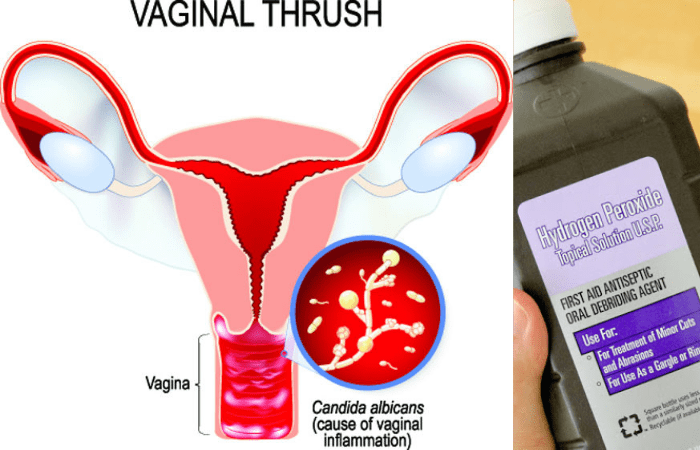
So, what are the risks associated with using hydrogen peroxide for bacterial vaginosis? First of all, it’s important to use a 3% hydrogen peroxide solution; anything stronger is too harsh and can actually irritate your vagina instead of treating it. Also, avoid using hydrogen peroxide more than once or twice a week; any more than that can also cause irritation. Finally, don’t douche with hydrogen peroxide; douching is never recommended because it can actually increase your risk of developing bacterial vaginosis.
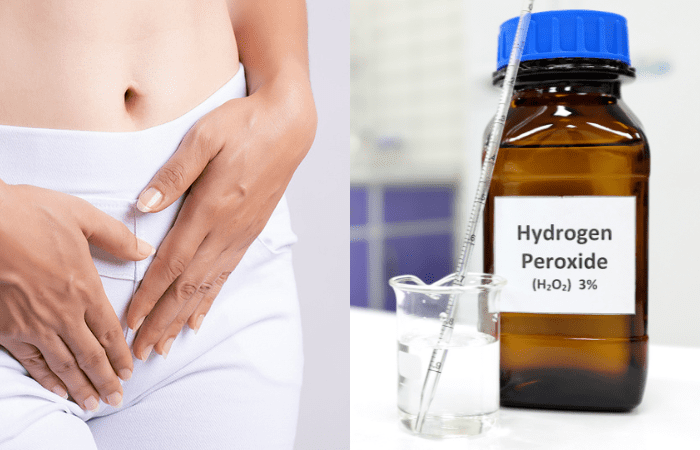
How to Use Hydrogen Peroxide for Bacterial Vaginosis
1. Combine equal parts hydrogen peroxide and water in a clean bowl.
2. Stir well and apply the mixture to your vagina with a clean cotton swab.
3. Allow the mixture to sit on your skin for 10-15 minutes before rinsing it off with clean water.
4. Repeat this process 2-3 times per day until your symptoms have subsided.
5. Be sure to sterilize any utensils or tools that come into contact with the hydrogen peroxide solution.
6. You should also avoid douching, wearing tight-fitting clothes, or using harsh soaps or detergents on your vulva while you are treating your BV.
7 . If your symptoms persist for more than a few days, or if they seem to be getting worse, it’s important to see a doctor as soon as possible.
8 . Hydrogen peroxide can be an effective treatment for bacterial vaginosis, but it’s not a cure-all. If you’re struggling to manage your symptoms, don’t hesitate to reach out to a medical professional for help.
9 . With proper treatment, most cases of bacterial vaginosis will clear up within a few days or weeks. However, the infection can come back if you don’t take steps to prevent it (like avoiding douching).
10 . If you have any questions or concerns about using hydrogen peroxide for bacterial vaginosis, talk to a doctor or other medical professional before beginning treatment. They can help you create a plan that’s right for you and answer any questions you may have along the way.
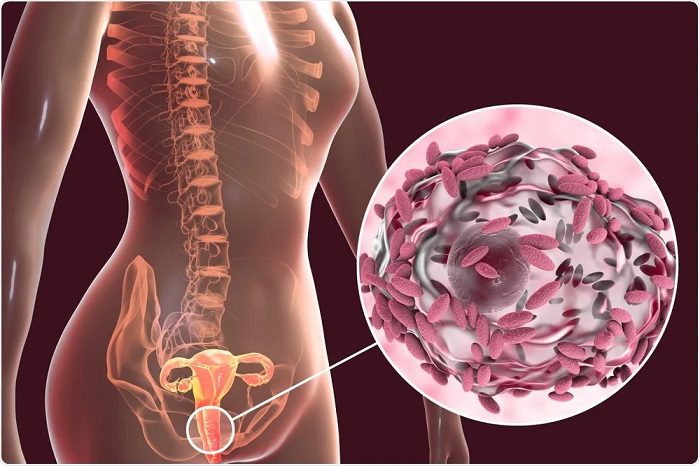
Can Hydrogen Peroxide Be Dangerous?
Hydrogen peroxide is a chemical compound made up of two hydrogen atoms and two oxygen atoms. It’s a pale blue liquid in its pure form, but it becomes a white foam when it comes into contact with organic material like skin. Hydrogen peroxide is used as a disinfectant because it’s able to kill bacteria and viruses. However, it can also be dangerous if misused.
Hydrogen peroxide can cause chemical burns. This is because the compound breaks down into water and oxygen when it comes into contact with organic material like skin. The reaction between the hydrogen peroxide and the organic material can cause cell damage and tissue death. If you get hydrogen peroxide on your skin, be sure to wash the area thoroughly with soap and water. If you get it in your eyes, flush them immediately with water and seek medical attention.
Inhaling hydrogen peroxide can also be dangerous. When inhaled, the compound can irritate the lungs and throat and damage the tissue in these areas. Inhaling high concentrations of hydrogen peroxide can even lead to death. If you are using hydrogen peroxide as a disinfectant, be sure to use it in a well-ventilated area and avoid inhaling it directly.
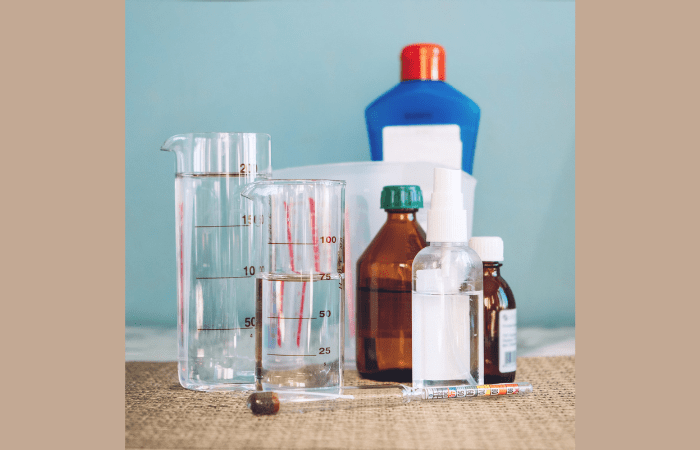
When Is It Safe To Use Hydrogen Peroxide?
Hydrogen peroxide is often used as a natural cleaning solution because it’s effective at breaking down dirt, grime, and other types of build-up. And since it’s a natural compound, it’s much safer to use than harsh chemicals. That being said, you should always exercise caution when using any kind of cleaner, natural or otherwise. Be sure to follow the instructions on the label, and never mix hydrogen peroxide with other cleaners, as this can create dangerous fumes.
In terms of personal hygiene, hydrogen peroxide can also be used as a mouthwash or toothpaste. Some people find that using a hydrogen peroxide-based mouthwash helps to keep their teeth looking brighter and their gums healthy. Just be sure to rinse your mouth thoroughly afterward, as swallowing hydrogen peroxide can make you sick.
Hydrogen peroxide can also be used as a natural home remedy for other health concerns. Let’s take a look at some of the ways you can use hydrogen peroxide safely and effectively.
Cold Sores –Hydrogen peroxide is a powerful anti-viral agent. So, if you are prone to cold sores, applying a diluted solution of hydrogen peroxide to the affected area can help speed up the healing process. Just be sure to dilute the hydrogen peroxide with water (1 part hydrogen peroxide to 4 parts water) before applying it to your skin. And don’t forget to apply a lip balm or cream afterward to soothe the area.
Ear Infections –Another common use of hydrogen peroxide is to treat ear infections. The antiseptic and antibacterial properties of hydrogen peroxide can help clear up the infection quickly. To use it, mix 1 tablespoon of 3% hydrogen peroxide with 1 cup of distilled water. Soak a cotton ball in the mixture and apply it to the affected ear for 5 minutes. Repeat this 3 times a day until the infection clears up.

The Side Effects of Douching with Hydrogen Peroxide
Burning and itching. One common side effect of douching with hydrogen peroxide is burning and itching around the vulva and inside the vagina. This is because hydrogen peroxide is a highly alkaline substance that can disrupt the delicate pH balance of the vagina. This can lead to irritation, inflammation, and even infection.
Dryness and Tightening. Another potential side effect of douching with hydrogen peroxide is vaginal dryness and tightening. This is because hydrogen peroxide can kill healthy vaginal bacteria, which helps to keep the vagina lubricated and elastic. Without these healthy bacteria present, the vagina may become dry, irritated, and less elastic—increasing the risk of tearing during sex or making it difficult to use tampons or menstrual
Allergic Reactions. Some people may be allergic to over-the-counter vaginal cleansing products containing hydrogen peroxide. Allergic reactions can cause symptoms like itching, swelling, redness, and hives. If you experience any of these symptoms after using a vaginal cleansing product containing hydrogen peroxide, stop using the product immediately and see your doctor.
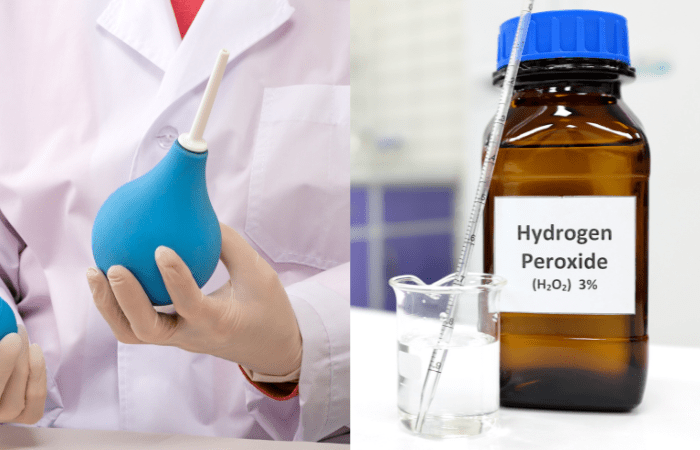
Final Thoughts
Hydrogen peroxide is a powerful disinfectant and natural cleaning solution. However, it’s important to use it safely and carefully to avoid any negative side effects. When used properly, hydrogen peroxide can be an effective way to clean your home or treat personal hygiene concerns. Just be sure to exercise caution and follow the instructions on any product you use. And if you experience any side effects, stop using the product immediately and see your doctor.
Frequently Asked Questions (FAQs)
How long does bacterial vaginosis last?
Even though the infection might go away on its own, most doctors treat it with antibiotics. You may have been given pills or cream for your vaginal area. Bacterial vaginosis usually goes away in 5 to 7 days after treatment.
What happens if bacterial vaginosis goes untreated?
Most of the time, BV doesn’t lead to any other health issues. But if you don’t treat BV, you may be more likely to get sexually transmitted diseases (STDs) like herpes, chlamydia, gonorrhea, and HIV. When BV bacteria get into the uterus or fallopian tubes, it causes inflammation in the pelvis.
Can BV be cured permanently?
Does bacterial vaginosis (BV) have a cure? Yes, BV can usually be treated with antibiotics that are given by a doctor. These medicines help change the balance of bacteria in the vagina. Even though you can buy some vaginal medicines without a prescription, these don’t work to cure BV. At the moment, only antibiotics that a doctor prescribes work.
What foods to avoid when you have BV?
Avoid refined sugar and eat less bananas and citrus fruits, which have a high glycemic index. Avoid foods that make the body lose water, like alcohol, caffeine, and highly processed or “junk” foods.

